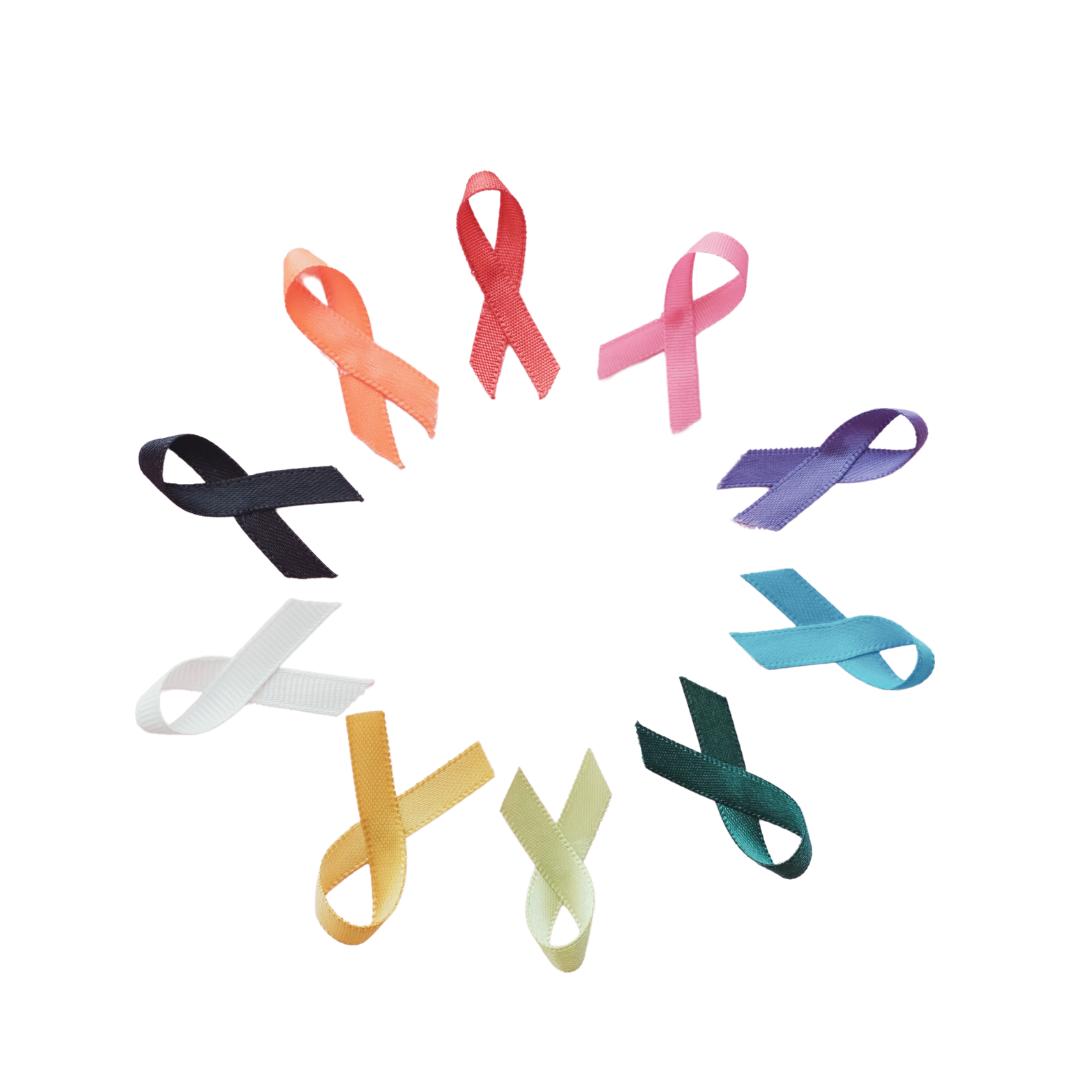Understanding Thyroid Cancer

What is Thyroid Cancer?
Papillary Thyroid Cancer:
Follicular Thyroid Cancer:
Medullary Thyroid Cancer:
Anaplastic Thyroid Cancer:
Symptoms of Thyroid Cancer
Thyroid cancer may not cause noticeable symptoms in its early stages, but as the tumor grows, it can lead to:
Lump in the Neck:
A painless lump or swelling in the front of the neck that may gradually increase in size.
Hoarseness or Voice Changes:
Difficulty Swallowing (Dysphagia):
Neck Pain:
Swollen Lymph Nodes:
Breathing Difficulties:
Diagnostic Procedures
Physical Examination:
A thorough examination of the neck and thyroid gland is conducted to check for lumps, swelling, or other abnormalities. This may include palpation of the neck to assess the size and consistency of the thyroid gland.
Ultrasound:
Fine-Needle Aspiration (FNA) Biopsy:
Thyroid Function Tests:
Radioiodine Scan:
CT Scan or MRI:
Advanced Care Options
Our approach to treating thyroid cancer is comprehensive, offering a range of advanced treatment options tailored to the type and stage of the cancer:
Surgical Options:
- Thyroidectomy: Surgical removal of part or all of the thyroid gland is the primary treatment for most types of thyroid cancer. Depending on the size and location of the tumor, a lobectomy (removal of one lobe) or total thyroidectomy (removal of the entire gland) may be performed.
- Lymph Node Dissection: If the cancer has spread to the lymph nodes in the neck, a lymph node dissection may be performed to remove the affected nodes and reduce the risk of recurrence.
Radioactive Iodine (RAI) Therapy:
- Levothyroxine: After thyroid surgery, patients will need lifelong thyroid hormone replacement therapy to maintain normal metabolism and prevent hypothyroidism. Levothyroxine also helps suppress the production of thyroid-stimulating hormone (TSH), which can stimulate the growth of any remaining cancer cells.
External Beam Radiation Therapy:
Radiation for Inoperable Tumors: For patients with advanced thyroid cancer that cannot be surgically removed, external beam radiation therapy may be used to target and destroy cancer cells, relieve symptoms, and reduce tumor size.
Targeted Therapy:
Kinase Inhibitors: Drugs that target specific proteins involved in the growth and spread of thyroid cancer cells. Kinase inhibitors are often used for advanced or metastatic thyroid cancer that does not respond to other treatments.
Chemotherapy:
Chemotherapy for Anaplastic Thyroid Cancer: Anaplastic thyroid cancer is aggressive and often resistant to standard treatments. Chemotherapy may be used in combination with radiation therapy to slow the progression of the disease and manage symptoms.
Importance of Early Detection and Treatment
Early detection and treatment of thyroid cancer offer several benefits, including:
Higher Survival Rates:
The earlier thyroid cancer is detected and treated, the better the chances of successful treatment and long-term survival.
More Treatment Options:
Early-stage thyroid cancer can often be treated with less aggressive therapies, improving the patient’s quality of life.
Improved Quality of Life:
Early treatment can reduce the impact of the disease on a patient’s quality of life, allowing for a quicker return to normal activities.
Advanced Care at Advanced Oncology Clinics
At Advanced Oncology Clinics, we are dedicated to providing comprehensive and compassionate care for patients with thyroid cancer. Our approach includes:
Personalized Treatment Plans:
We work closely with each patient to develop a treatment plan tailored to their specific needs, preferences, and cancer characteristics.
Multidisciplinary Team:
Our team of oncologists, surgeons, radiologists, and support staff collaborate to ensure the best possible outcomes for our patients.
Supportive Services:
We offer a range of supportive services, including counseling, nutritional guidance, and hormone therapy management, to help patients manage the emotional and physical challenges of thyroid cancer treatment.

